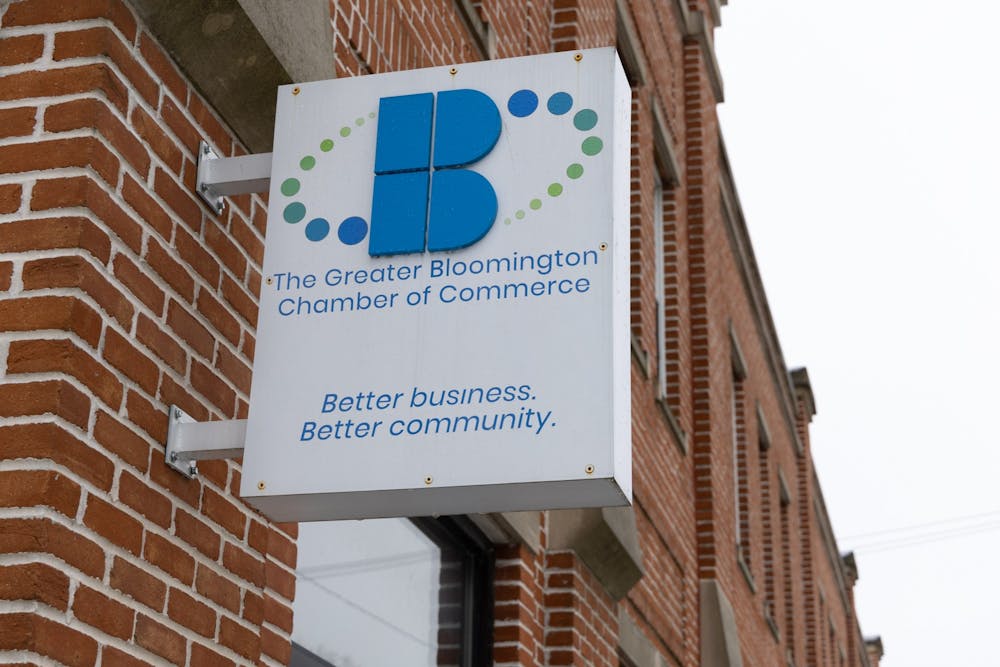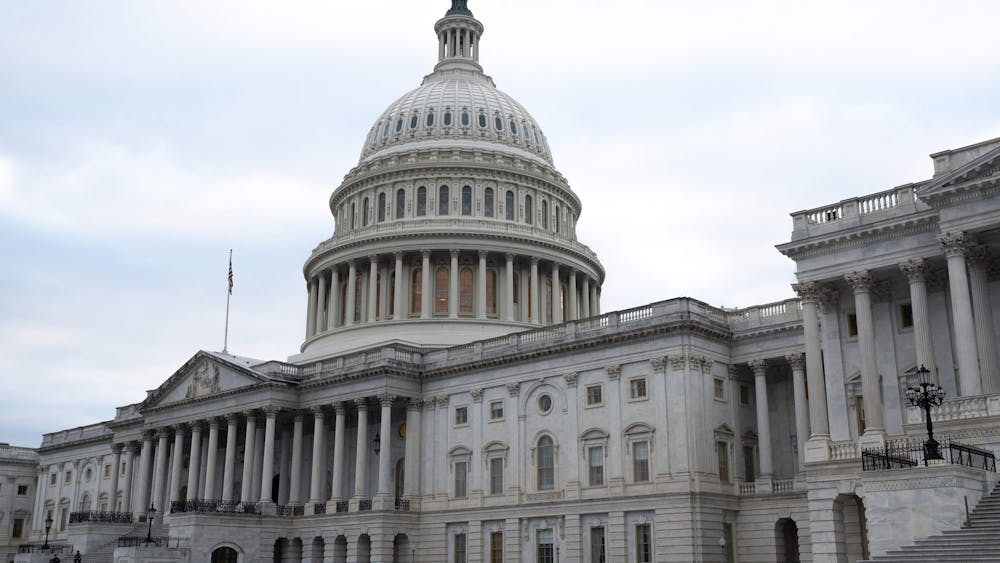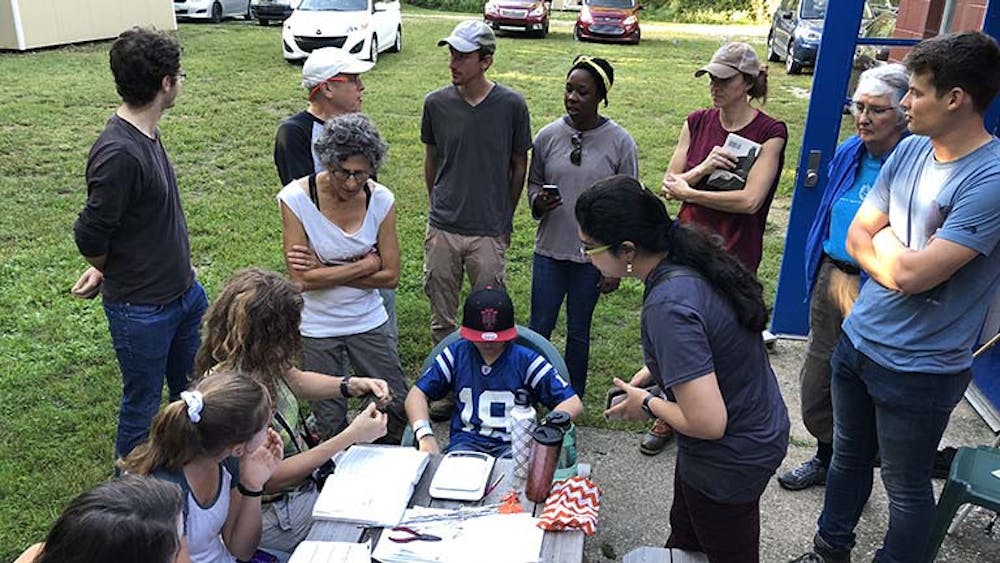Small businesses in Indiana could save more money under a bill that would offer them larger tax deductions. If enacted, the law would be retroactive to Jan. 1, 2023.
Under Senate Bill 2, proposed by Sen. Scott Baldwin, Sen. Chris Garten and Sen. Travis Holdman for Indiana’s 2023 legislative session, small businesses could be able to claim an unlimited deduction for state tax payments on their federal tax returns.
Currently under federal law, businesses can deduct state tax payments from their federal taxes.
This deduction is unlimited for businesses that pay income taxes, such as large companies. However, the owners or shareholders of small businesses such as LLCs and S corporations pay their own individual income taxes. These businesses are limited to deductions of $10,000. SB 2 would allow small businesses to claim unlimited deductions for state tax payments that large corporations already receive.
Lawmakers estimate the change could result in $50 million in federal tax savings for Hoosier businesses, leveling the playing field while being revenue-neutral and costing the state nothing.
If the bill is passed, Indiana would join 29 other states in implementing legislation to work around the cap on state and local tax deductions.
The proposed bill has been referred to the Senate Committee on Tax and Fiscal Policy. A hearing will be scheduled for future consideration, but no date has been set.
[Related: Senate Bill 3 to form committee, examine state income tax, other taxes
Christopher Emge, director of advocacy and public policy at the Bloomington Chamber of Commerce, said offering small businesses these tax deductions would give them more money to invest back into their businesses.
"It's going to benefit small businesses where they can hopefully compete a little bit with larger corporations who can afford, frankly, to pay more and to have larger benefit packages," Emge said.
Since many new jobs in Indiana come from small businesses, academic director of the Indiana Business Research Center Philip Powell said, creating an environment where businesses and entrepreneurs can grow is important to the state economy.
"When you're a small business, you don't have the luxury of a large stash of cash," Powell said. "Any tax break that the state can provide can go a long way in terms of helping these businesses thrive."
It's typically difficult for businesses to get loans unless they have been around for a long time and have an established stream of revenue, Powell said. Even if a business has potential, banks are conservative, so it can be difficult to find funding.
Powell said a tax break is an easy way of supporting small businesses because it only requires them to fill out their taxes, rather than having to create new offices or hire more employees.
"Lower taxes decrease expenses for businesses, and when they don't have to pay taxes, they take the money and invest it into the business," Powell said. "Small businesses are the engine of employment growth. Cutting a dollar for a small business is going to have more economic effect on the community than cutting a dollar for a bigger company."
[Related: Indiana Gov. Eric Holcomb delivers annual State of the State address Tuesday
David Audretsch, adjunct professor of management and entrepreneurship at the Kelley School of Business, compared the situation to the question of whether people with low incomes should have to pay the same percentage in income taxes as those with higher incomes. A progressive tax structure that taxes those with higher incomes — such as large corporations — more makes sense, he said.
"Small businesses are kind of fighting against the wind," Audretsch said. "They've got a lot of disadvantages, so you need to equip them. You need to nurture them."
With Indiana's current budget surplus of $5 billion, the state should be forward thinking in its actions, Audretsch said.
"It's time for the state to proactively invest in the future, which means put your money in what's going to create a sustainable, viable future," Audretsch said. "Small businesses is a great place to do it."
[Related: Indiana Gov. Holcomb seeking to eliminate public school textbook fees






